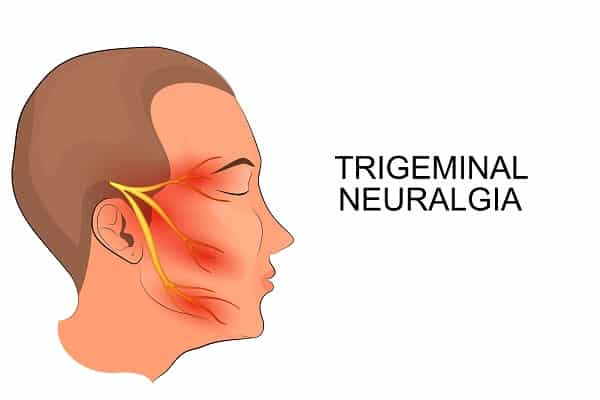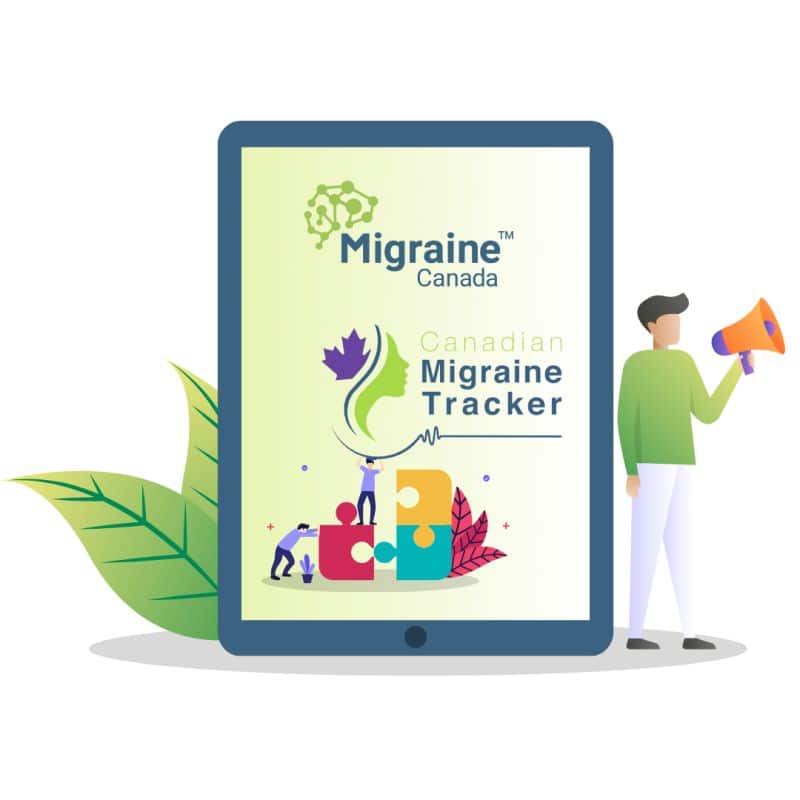Trigeminal Neuralgia (TN) is a debilitating facial pain condition stemming from issues with the trigeminal nerve, which governs facial sensation. Typically characterized by sudden, intense electrical shocks, TN primarily affects areas like the cheek, mouth, or gum, triggered by mundane activities such as touching the face or chewing. Unlike dental pain, TN originates from nerve dysfunction within the skull, not dental issues. Common causes include pressure from tumors, multiple sclerosis, vascular loops near nerve fibers, and viral infections like Varicella. Diagnosis involves clinical evaluation and possibly an MRI, though results may appear normal. Treatment focuses on nerve-targeting medications such as Gabapentin and Carbamazepine, with surgical interventions like neurovascular decompression or radiotherapy considered for severe cases resistant to medication. Seeking a neurologist’s expertise is crucial for comprehensive management of TN.
What is Trigeminal Neuralgia?
Trigeminal neuralgia is a form of facial pain arising from issues with the trigeminal nerve, responsible for facial sensation. Key points about this condition include:
- Characterized by sharp, brief, electrical pain
- Typically affects areas such as the cheek, mouth, or gum; less commonly in the eye or forehead
- Pain triggers can include touch, speaking, chewing, exposure to cold stimuli
- The pain can occur only with triggers, or spontaneously. There may be periods where the pain is very frequent, and periods of remission.
- Usually there is not pain between the shocks, but in some cases a constant pain can be felt
Causes of Trigeminal Neuralgia
Various factors can contribute to trigeminal neuralgia, including:
- Tumors exerting pressure on nerves
- Multiple sclerosis causing nerve damage
- Proximity of blood vessels to nerve fibres (vascular loop)
- Infections with Varicella or herpes viruses
- Other elements compressing nerve root or branches

Dental Pain vs. Trigeminal Neuralgia
It’s essential to differentiate between dental-related pain and trigeminal neuralgia. The pain of trigeminal neuralgia may be felt in the gum or tooth, but it does NOT come from a problem in the tooth. It comes from a problem upstream, in the portion of the nerve that is inside the skull. If the dentist says that your teeth are OK and do not require interventions, don’t get any. An intervention might actually fire things up and worsen your situation. Of course, if you have trigeminal neuralgia you may also get a true tooth problem, in which case that should be treated as it may deteriorate the pain.
Risk Factors and Diagnosis
Trigeminal neuralgia primarily affects individuals over 50, with a higher prevalence in females. There is no specific test that can diagnose this condition. It is a clinical diagnosis, meaning, your doctor will diagnose this based on your description of the attacks along with a neurological examination. Usually, an MRI of the brain will be done to look for compression on the nerve, but very often the test comes back normal.
Treatment Approaches
Trigeminal neuralgia can be extremely disabling if the pain is not controlled. Medications used for this are targeting the nerves. They treat “neuropathic pain” (a fancy term to say that the pain comes from irritated nerves). Some medications (most of them anti-seizure drugs) that can be used are:
- Gabapentin (Neurontin) and Pregabalin (Lyrica)
- Carbamazepine (Tegretol) and oxcarbazepine (Trileptal)
- Phenytoin (Dilantin)
- Baclofen
- Lamotrigine (Lamictal)
Usually the doctor will try to avoid opioids (morphine-type medications) for neuralgias, but in severe cases they may be used.
Can I get surgery or other procedures for this problem?
Yes. Surgery can be recommended, especially if the medications are not working. This is always a decision that should be made with discussion between the person suffering, the neurologist and the surgeon. Also, radiotherapy can be used for trigeminal neuralgia. Options include:
- Brain surgery (with an opening of the skull) to put a pad between the nerve and an artery close to it. This is called neurovascular decompression.
- Radiotherapy (sending rays in a very focused way on the zone that relays pain in the brainstem)
- Block of the trigeminal nerve or ganglion
- Botox (injections in the face)
Your doctor can discuss these with you if they are required.
Summary
Trigeminal neuralgia is a type of facial pain that can be very disabling. Seeing a neurologist is usually necessary to look over different causes and try different treatments.
For further information on trigeminal neuralgia and available support resources, visit the Trigeminal Neuralgia Association of Canada website.
Post #408



